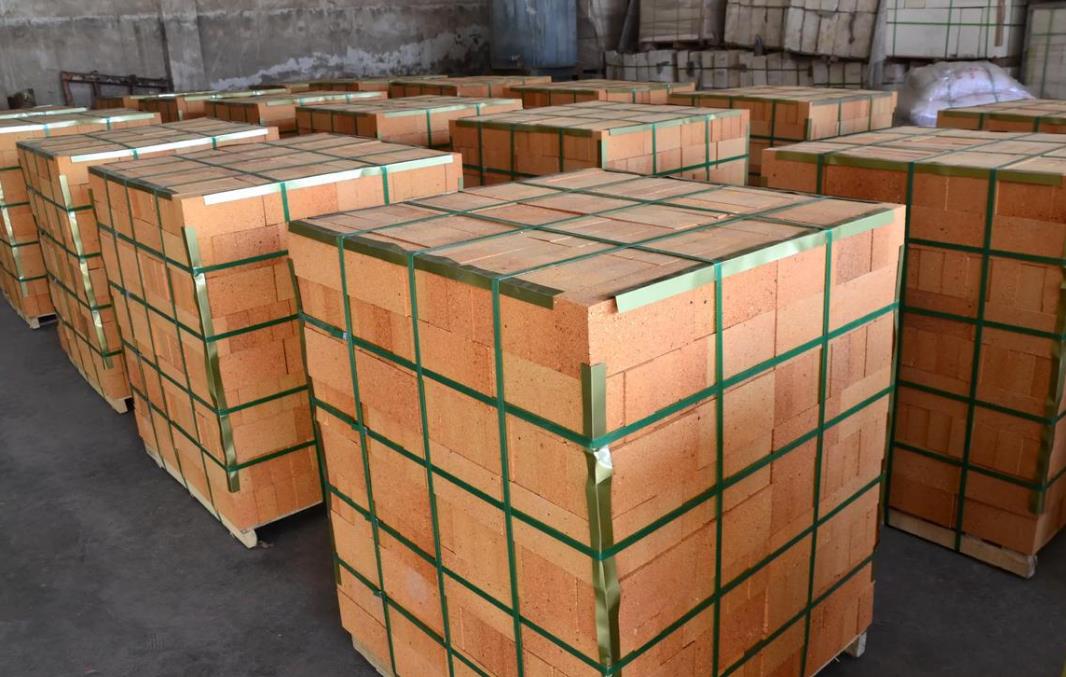Requirements for refractory bricks in vertical lime kiln
Refractory bricks are critical for the efficient and durable operation of vertical lime kilns, which operate at high temperatures (up to 1,300°C). The following key requirements must be met to ensure optimal performance:

High Temperature Resistance
The bricks must withstand extreme heat without softening or deforming. Materials like high-alumina (Al₂O₃ ≥ 70%) or magnesia-chrome bricks are preferred due to their superior thermal stability.
Thermal Shock Resistance
Frequent heating and cooling cycles demand excellent thermal shock resistance to prevent cracking. Bricks with low thermal expansion coefficients, such as silica-alumina composites, are ideal.
Chemical Resistance
Lime kilns expose refractories to alkaline conditions (CaO) and CO₂. The bricks must resist chemical erosion, requiring low porosity and high-density structures to minimize slag penetration.
Mechanical Strength
High compressive strength (≥30 MPa) is essential to endure mechanical stress from lime and fuel loading, ensuring structural integrity under load.
Abrasion Resistance
The bricks should resist wear from limestone and quicklime abrasion, particularly in the calcining and discharge zones.
Thermal Insulation
Efficient heat retention reduces energy consumption. Insulating firebricks or multi-layered linings balance durability and thermal efficiency.
Dimensional Stability
Precise sizing ensures tight joints, minimizing heat loss and preventing gas leakage.
In conclusion, selecting refractory bricks with these properties enhances kiln longevity, operational efficiency, and product quality in vertical lime production. Proper installation and maintenance further optimize performance.





